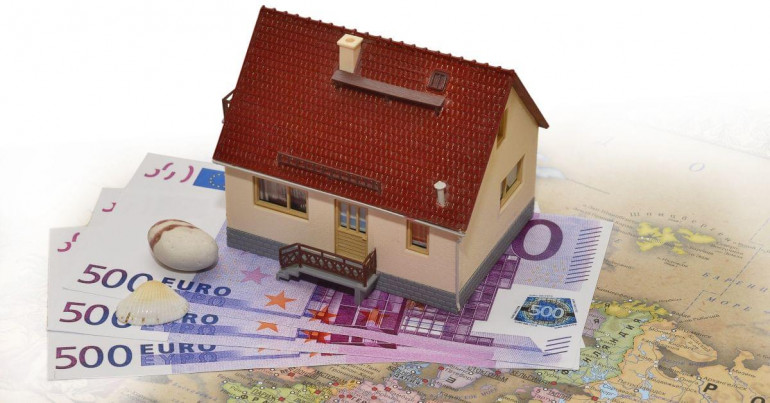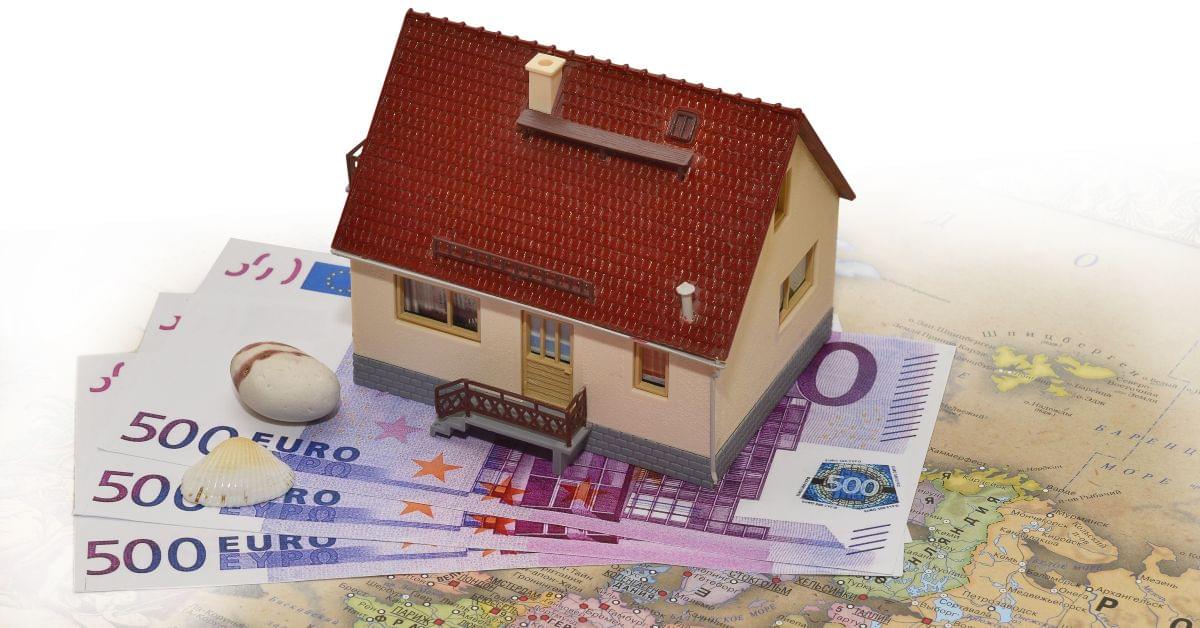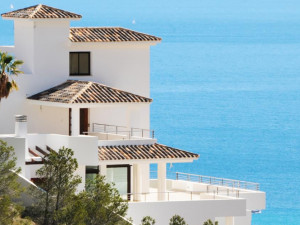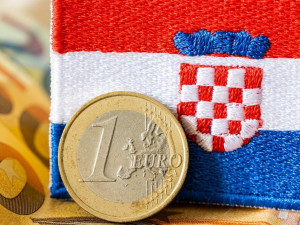
Moving house, or applying for a mortgage, can be a stressful time even when things go according to plan. However, getting a mortgage to buy property abroad can seem even more daunting. This blog aims to make you feel more comfortable about the whole process, guiding you through the things to consider, and making life a little bit easier when applying for a mortgage for a foreign property.

How do I apply for an overseas mortgage?
Apply for a new mortgage in a UK bank
Some banks within the UK offer international services for mortgages, this could depend on the country you are wanting to purchase a property in. Countries such as France and Spain are usually the easiest to apply for a mortgage, and you can set a mortgage up through your UK bank.
Remortgage your UK home
Banks will talk to you about how you plan to finance the new overseas property. You could consider remortgaging your UK home in order to cover the costs of a new mortgage abroad. This will need to be spoken to with your current lender to arrange a new mortgage before speaking to the overseas lender.
Sell your UK properties
You could also sell your current home in the UK, or any other properties if you are planning to move. Having a sold property will allow you to either purchase a property outright, or it can go towards the larger deposits that foreign countries tend to have. Once the mortgage has been agreed upon you will need to liaise with the foreign bank.
What if my lender won’t let me apply for a mortgage to buy property abroad?
If your bank won’t lend, your option is to obtain a mortgage from a lender in the country you’re wanting to purchase the property in. You can speak to specialist foreign mortgage brokers who will give advice on what deals are available at which lenders, and current overseas rates.
As overseas lenders are not covered by the Financial Conduct Authority, you’ll have to bear in mind that it would be harder to gain compensation if you were given inaccurate advice. You also need to consider the risks of borrowing foreign currency as rate fluctuations may affect your mortgage repayments.
However, you can tackle this by finding out the current foreign exchange rate so you know exactly how much you’ll need to pay. CurrencyTransfer offers useful tools like forward contracts to allow you to lock in the rate that fits your budget for up to 12 months.
How do mortgages differ from the UK to abroad?
Additional Fees
There is always a chance of additional fees to consider, just like in the UK with stamp duty, there are other finances that will need to be budgeted for such as legal costs, a valuation of the home and the cost of a surveyor. Research the country you are moving to and learn the extra costs that come with purchasing a property.
Deposits
Deposits also vary in other countries. While the UK often accepts 5%-10% deposits on properties, countries such as Spain need 30%-40% of the property as a deposit, particularly for overseas buyers. In some places, the deposit is also non-refundable unlike within the UK. Liaise with an estate agent before you sign and agree to a contract.
Set up a foreign bank account
It is also useful to set up a bank account in the country you are planning to move to or purchase a property in. This can help with negative exchange rates.
If you want to become more aware of market rate movements in foreign countries in order to apply for a mortgage abroad, get in touch with us for expert advice.
Florence Couëdel
Editor



